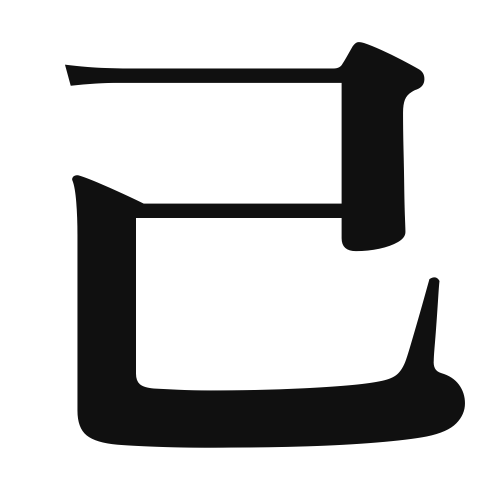1. Overview of Meaning
The kanji “己” (pronounced “ko” or “onore”) primarily means “oneself” or “self.” It represents the concept of individuality and personal identity.
2. Formation and Radical
Formation of the Kanji: The kanji “己” is classified as a pictogram, originally depicting a person. It conveys the idea of self or one’s own being.
Radical: The radical for “己” is also “己,” which is used in various kanji related to self and personal matters.
3. Examples of Usage
Common Words and Phrases: Some frequently used words that include “己” are “自己” (jiko – self) and “己の” (onore no – one’s own).
Example Sentences in Daily Conversation:
- 「自己を知ることは大切です。」(Jiko o shiru koto wa taisetsu desu.) – “Knowing oneself is important.”
- 「己の道を進む。」(Onore no michi o susumu.) – “To follow one’s own path.”
4. Synonyms and Antonyms
Similar Kanji: A similar kanji is “自” (ji), which also means “self” but is more commonly used in words related to oneself, such as “自分” (jibun – oneself).
Opposite Kanji: An antonym could be “他” (ta), meaning “other” or “another,” which represents something outside of oneself.
5. Cultural and Historical Background
Relation to Japanese Culture: The concept of “己” is significant in Japanese culture, emphasizing self-awareness and personal responsibility.
Proverbs and Idioms: One common saying is “己を知る” (onore o shiru), which translates to “know oneself,” highlighting the importance of self-reflection in personal growth.
